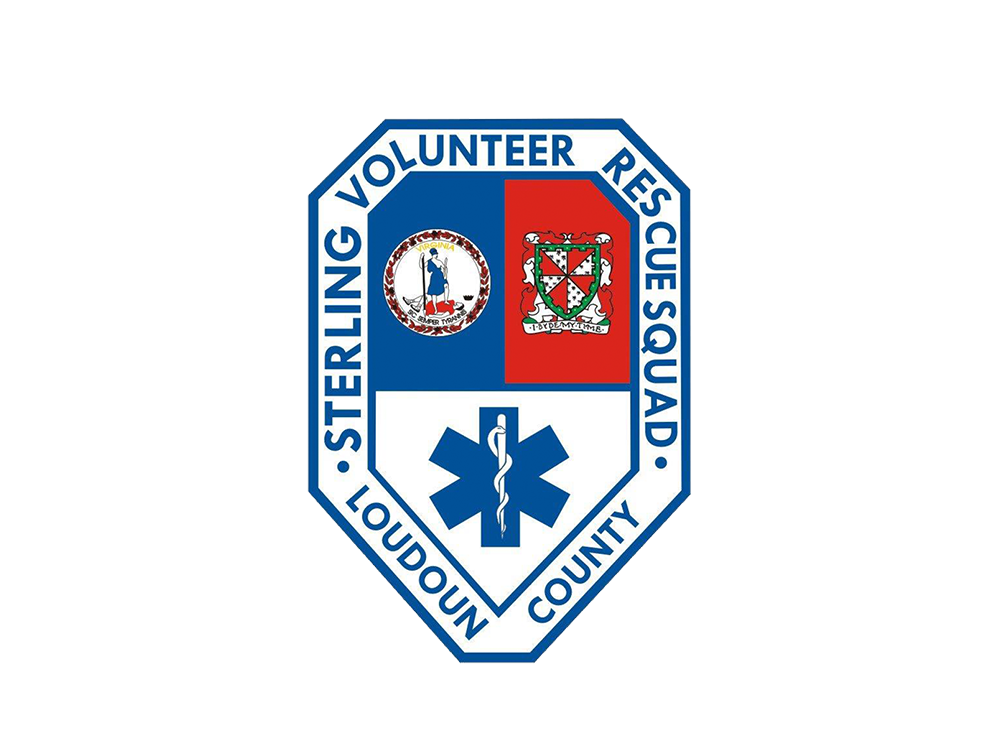Although we’ve been experiencing some fairly mild weather In the DMV, winter is still here. How do you prepare for the cold winter weather? The article below, from the National Safety Council, offers a few helpful tips.
What to Do When Winter Has You in its Icy Grip
The Weather Channel calls them the “Frigid Five:” Barrow, AK; International Falls, MN.; Gunnison, CO.; Jackson, WY; and Caribou, ME.
You may not live in one of America’s five coldest cities, but that doesn’t mean you don’t have to protect yourself from frostbite and hypothermia. Both conditions are caused by excessive exposure to low temperatures, wind or moisture.
Cold weather can be dangerous for anyone who enjoys outdoor winter sports, and people who work outdoors during winter must be particularly mindful of the risks.
Before venturing outside in winter, be sure to:
- Check the temperature and limit your time outdoors if it’s very cold, wet or windy
- Bundle up in several layers of loose clothing
- Wear mittens rather than gloves
- Cover your ears with a warm hat
- Wear socks that will keep your feet warm and dry
Frostbite
Even skin that is protected can be subject to frostbite. It’s the most common injury resulting from exposure to severe cold, and it usually occurs on fingers, toes, nose, ears, cheeks and chin. If caught early, it is possible to prevent permanent damage. If not, frostbite can lead to amputation.
Superficial frostbite affects the skin surface, while the underlying tissue remains soft. The skin appears white, waxy or grayish-yellow and is cold and numb.
If the condition is allowed to progress to deep frostbite, all layers of the skin are affected and the outcome likely will be more serious. The skin will become completely numb, blisters may form and eventually the skin tissue dies and turns black.
If you suspect frostbite:
- Get indoors immediately
- Seek medical attention
- Remove constrictive clothing and jewelry that could impair circulation
- Place dry, sterile gauze between toes and fingers to absorb moisture and keep them from sticking together
- Elevate the affected area to reduce pain and swelling
- For superficial frostbite, you may also place the affected area in water that is 100 to 105 degrees until the tissue softens
Hypothermia
Hypothermia occurs when the body’s temperature drops below 95 degrees. Severe shivering, one of the first signs of hypothermia, is beneficial in keeping the body warm. But as hypothermia progresses, shivering gives way to drowsiness or exhaustion, confusion, shallow breathing, irregular heartbeat, slurred speech, loss of coordination and, eventually, unconsciousness and even death.
In one of the most bizarre symptoms of hypothermia, “paradoxical undressing,” a person actually undresses instead of bundling up. Researchers believe that in the final throes of hypothermia, a person may feel like he or she is overheating due to a rush of warm blood to the extremities.
So what should you do if you encounter someone suffering from hypothermia?
- Move the victim inside and remove any wet clothing
- Call for medical attention
- Add blankets, pillows, towels or newspapers beneath and around the victim
- Cover the victim’s head
- Handle the victim gently to avoid cardiac arrest
- Keep the victim in a horizontal position
- If necessary, give CPR
- None of these steps are a substitute for proper medical care. Be sure to seek medical attention for frostbite and hypothermia as soon as possible.
If You Go To Extreme?
Winter is fun. So go make those snow angels and tackle that double black diamond. Just make sure to limit exposure and bundle up.
If you’re considering taking the Polar Plunge, make sure to consult a doctor first to determine if you have any underlying health problems. The enormous shock of these types of activities puts a strain on the heart, doctors say. Keep in mind:
- Cold shock will have you gasping for air
- Blood flow will divert to your organs
- You may become paralyzed or weak
- Blood pressure increases due to constricted blood vessels, causing greater risk of stroke
Republished from the National Safety Council


